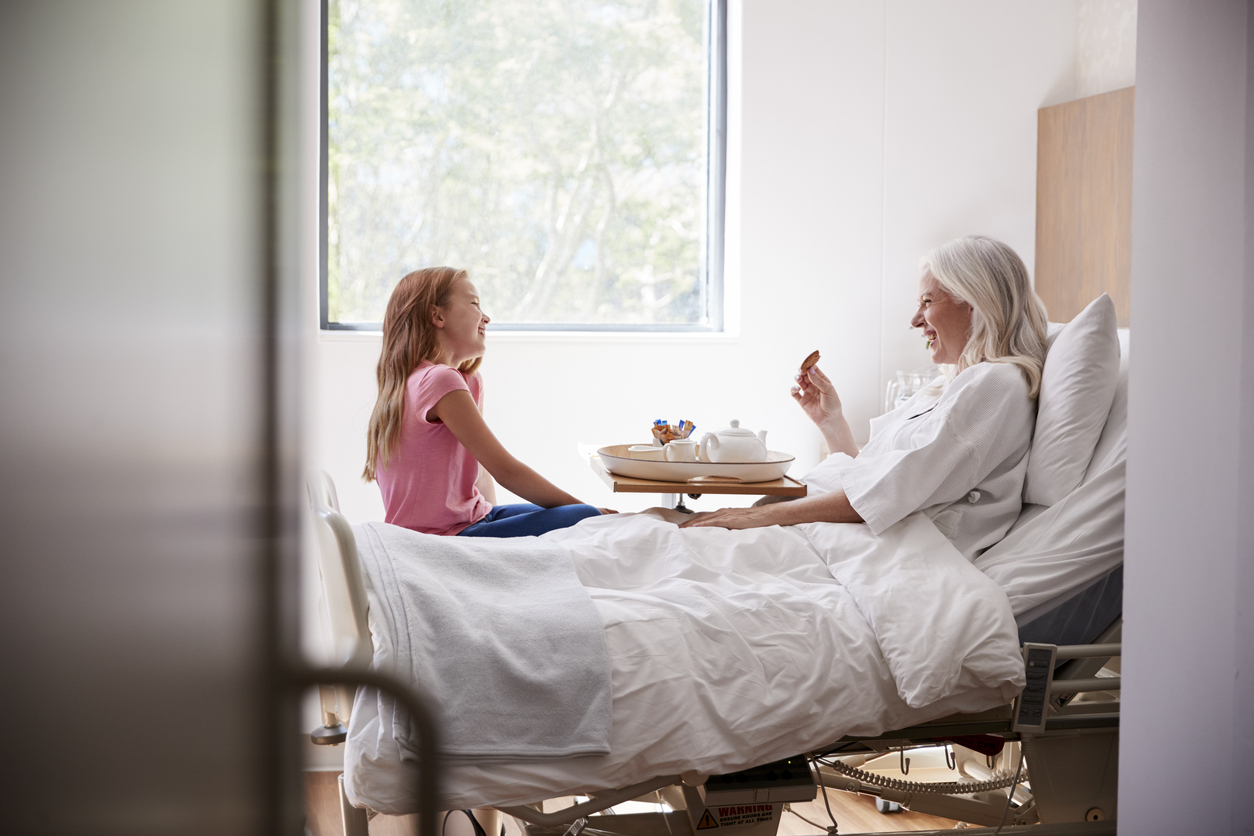Sussex Premier Health, Hastings: Important update for patients with upcoming appointments
Sussex Premier Health, Hastings: Important update for patients with upcoming appointments
Vaginal repair is surgery to lift up and strengthen the walls of the vagina to restore its normal support.
Sometimes known as

After childbirth and even as we age, the muscles of the vaginal wall can become weak and loose, which can lead to health complications. Vaginal repair is surgery to lift up and strengthen the walls of the vagina to restore its normal support. It is also known as colporrhaphy.
Usually your surgeon will make a cut through your vaginal wall from the inside. The outside walls of your vagina are lifted up and attached to pelvic ligaments for support. The incision is then sewn up inside using dissolvable stitches so you will not have any visible scars. Occasionally the operation is done through an incision made in the skin of the abdomen just above the pubic hair line.
Your surgeon will put in a catheter (a tube) to drain urine from your bladder into a bag beside your bed. This is because most women have difficulty passing urine after this procedure.
You’ll meet your consultant in one of our private consultation rooms, during this time you will be able to explain your medical history symptoms and raise any concerns that you might have.
We will also discuss with you whether any further diagnostic tests such as scans or blood tests are needed. Any additional costs will be discussed before further tests are carried out.
Your consultant will then outline a treatment and recovery plan that’s tailored to you.
Before proceeding, you may also need to have a pre-operative assessment. This is to make sure the surgery is right for you, particularly if you’re having a general anaesthetic.

We understand that having surgery can be a time of worry and anxiety. Our experienced and caring medical staff will be there for you holding your hand every step of the way.
On the day of your procedure, our ward staff will show you to your own private room. Usually, you will be with us for two-three nights. We’ll do all we can to make sure you’re comfortable while you’re with us.
Our private rooms include:
Once you’re ready, our nurses will help you prepare for your operation. There’ll be a chance to see your consultant surgeon and meet your anaesthetist.
There are different ways to perform this procedure depending on the extent of the repair. Your surgeon will discuss the technique they will use. The operation is performed under general anaesthetic which means you will be asleep during the procedure.
The operation usually lasts about an hour.

You may need pain relief to help with any discomfort as the anaesthetic wears off which we will provide for you while you’re in hospital with us.
You will need to stay in hospital for two or three days after the operation.
While you are in hospital a physiotherapist will visit you to run through exercises that you can do at home to help speed up your recovery.
You may experience temporary bladder problems because the bladder and the urethra (the tube that drains the bladder) are moved slightly during surgery. The catheter is usually taken out in the first day or two.
Your surgeon will visit you before you go home to assess your progress and answer any questions that you have. Your nurse will give you a contact telephone number for the hospital and will arrange a follow-up appointment for you.

The vagina is made out of muscles which can loosen and weaken over time because of childbirth obesity and age. When this happens sometimes you might have a prolapse – or dropping down – of your womb into your vagina. In some cases you bladder and bowels can also prolapse.
Vaginal repair helps by tightening and fixing the muscle walls to correct the prolapse.
Our patients are at the heart of what we do and we want you to be in control of your care. To us that means you can choose the consultant you want to see and when you want. They’ll be with you every step of the way.
Once you’re ready to be discharged from hospital, you’ll need to arrange a taxi, friend or family member to take you home as you won’t be able to drive for the first day or so. You need to follow your surgeon’s advice about driving. You shouldn’t drive until you are confident that you could perform an emergency stop without discomfort.
Every person is different, but it typically takes six weeks to recover from this operation. During that time, don’t engage in strenuous activity or have sex.
A full recovery can take up to 12 weeks.
Speak to a member of our team